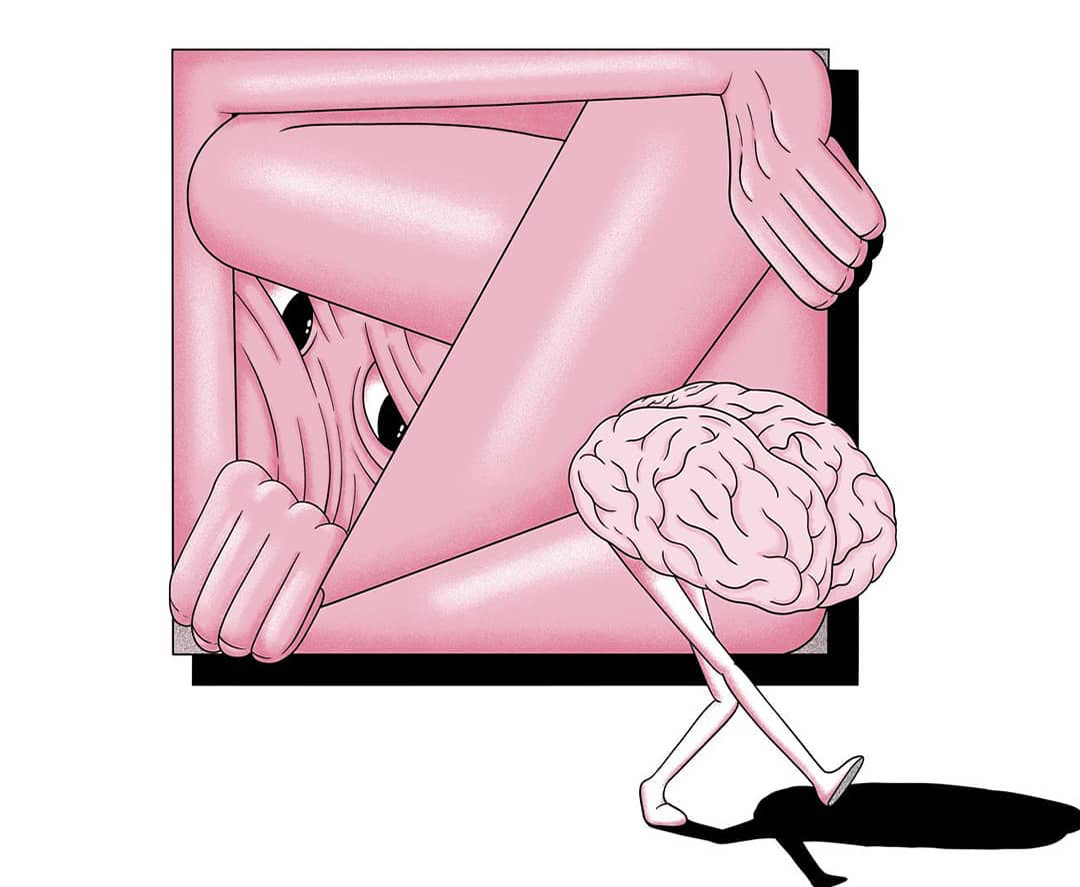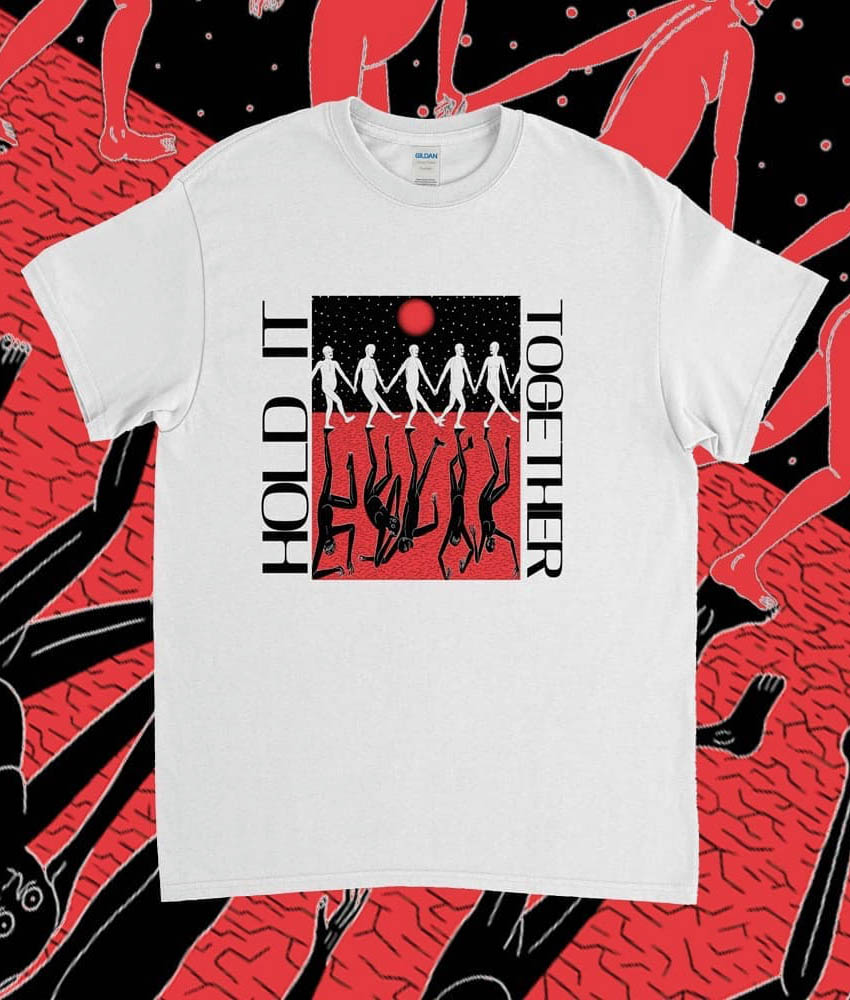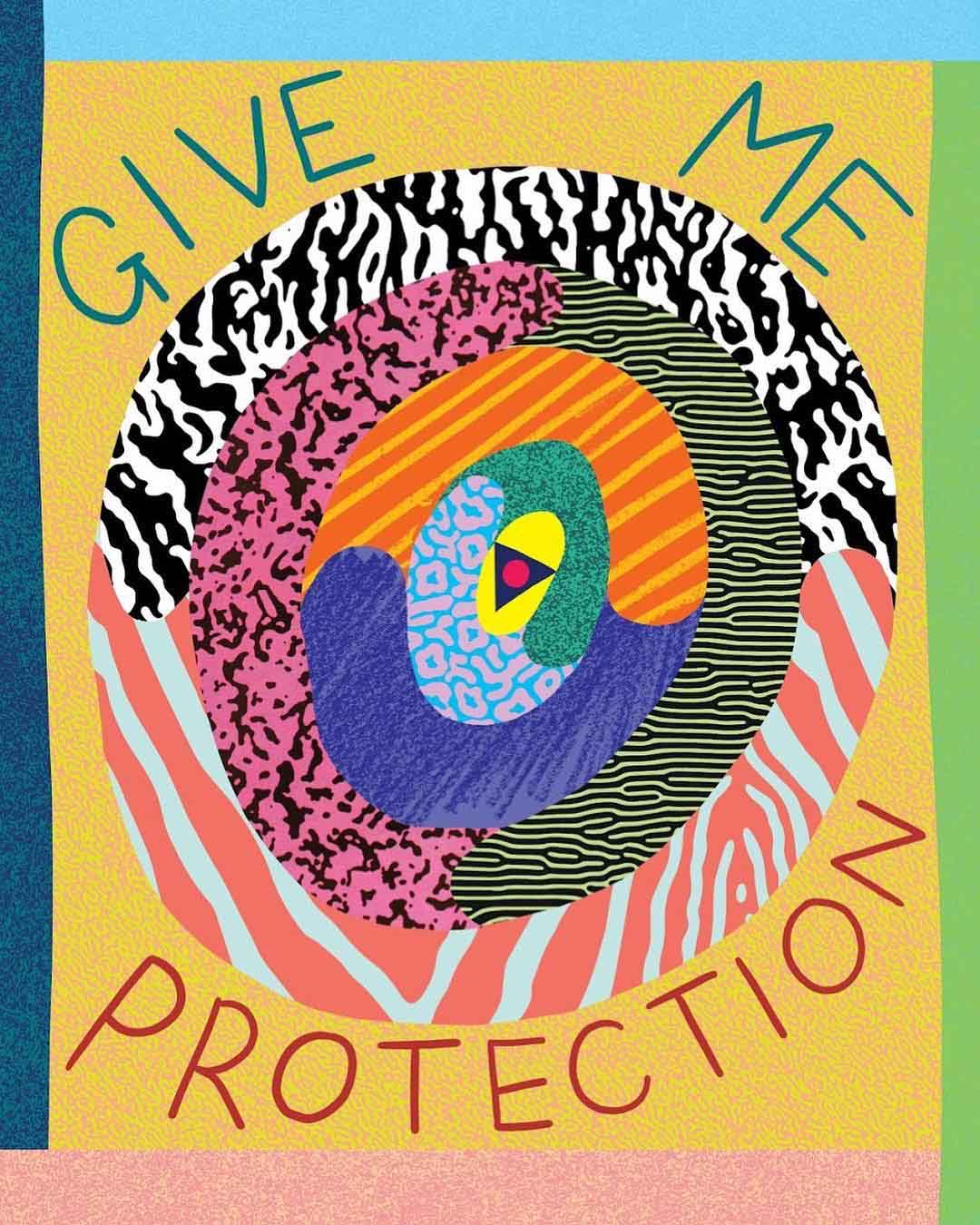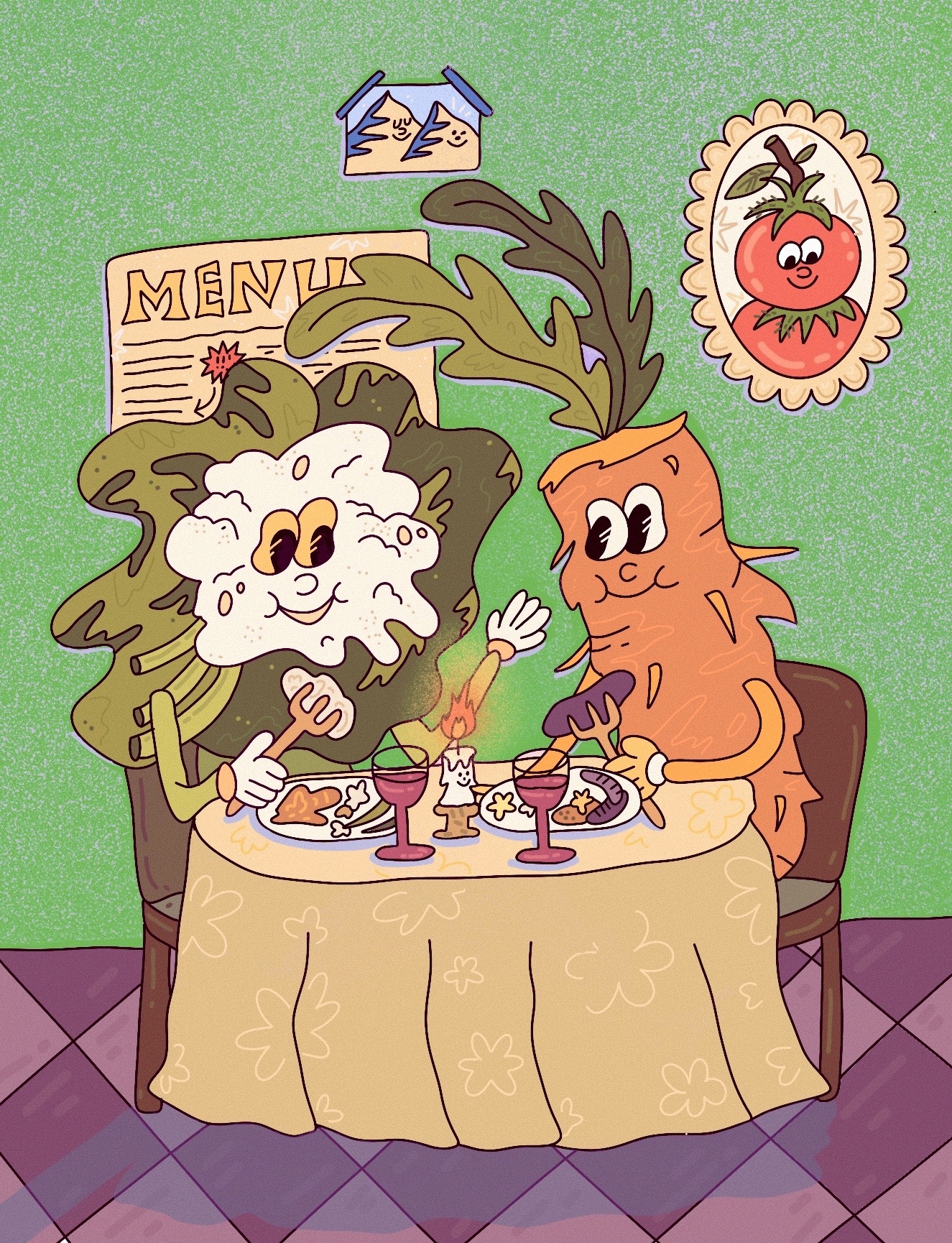Confidence is a tricky thing, even at the best of times. No matter how many big projects you’ve done, or how long your list of commissions gets, your ego can still fail you. Creatives of all kinds are familiar with the impact of imposter syndrome, and the feeling that their work might not be good enough. Add to this critical clients or flat-out rejection, and the demons can come.

No-one is confident all the time
Illustrator Alex Jenkins says he still struggles with self-assurance, despite working for huge names including Vans, Netflix and Adult Swim. “I feel that confidence can waver day to day,” he explains. “Often confidence issues in my creativity pop up, and I struggle for ideas. But also confidence in my ability and technique.”
It’s a similar story for artist Saskia Pomeroy, who told us, “I don’t always think my work is brilliant, and often compare my artistic career with others, and wonder, ‘what’s wrong with me?’ I feel like my work must be shit because I’m not doing huge, well-paid projects. It’s not really personal like that though, there are reasons why my work isn’t like others, or why you don’t get picked for a job. It’s just business at the end of the day.”
Just keep trying to be as productive as possible and keep creating
For Jenkins, being ghosted by art directors or clients can prompt a crisis in confidence, while Pomeroy describes herself as her own worst enemy – tending to worry about things, and let her inner voice bring her down. Their feelings are relatable, and perhaps not surprising considering the nature of the creative industry. Clients are demanding, timelines are short, and budgets often tight. The challenges of freelancing also puts added pressure on many artists.

Dealing with the crisis
So when the crisis inevitably comes, what’s the best way to deal with it? Jenkins says exercise is a good release. For him, a good reset to a day – or a solution to waking up feeling groggy and unmotivated – is to hit the punch bag for a solid 30 minutes. “Just breaking up the routine and getting blood flowing basically, as clichéd as that sounds,” he told us. He also recommends spending some time stirring up your inspiration. Jenkins says he draws from as many sources as possible, whether that’s going to an exhibition rather than relying on Pinterest, or sketching something out instead of using a stock image site.

“Just keep trying to be as productive as possible and keep creating,” he says. “Your mindset will change anyway, so whilst feeling down keep plugging away on what you do. And if you are struggling to think of new things to create, then change up the process of how you get there. Experiment with new mediums or draw things you aren’t always comfortable with doing. Welcome new challenges as getting through these will benefit your mindset down the line.”
For Pomeroy, getting some perspective on things can give you the reboot you need. “Just go and have a beer and fuggeddaboutit y’know,” she says. “Life is way too short for feeling down on yourself and losing opportunities because you think you might not be good enough. The more you step out of the door and connect with people, the more you can reap the rewards.”
It gets better with experience
Dealing with self-assurance is an issue that creatives face throughout their career, but the good news is it often gets easier over time. For Pomeroy, getting more experience and growing older has taught her how to deal with her insecurities more productively, and recognise when she’s exacerbating those feelings. “I’m not there yet though, it’s probably a life’s work!” she says. “My mum is the same, she’s a painter, her work is great, but she hates selling her work.”
Jenkins also says getting experience under your belt can help. “You learn how to cut certain corners but also essentially toughen up to criticisms or rejection,” he told us. “What is important is to keep motivated and keep working on your own skills and development along the way.”
You can grow a thick skin if you get knocked back a lot
One way of dealing with feelings of inadequacy is to accept that rejection is inevitable, but doesn’t have to take over. Remember that your style won’t resonate with everyone, and that keeping yourself available to people who will discover and like your work is still important.
“Work work work!” says Pomeroy. “The more you work on whatever it is you do, the better you become. It will give you a confidence in your work that comes across. And remember that you can’t be the best of everyone, ever. You can just be you, and that’s great! It’s about pinpointing those thoughts and saying, ‘No, I CAN do this!’.”

It has an upside
Getting knocked back is an unfortunate part of being creative, but it sometimes has its benefits. Jenkins says getting turned down can help identify what part of the industry your work is best suited to, and clear up feelings of vagueness. He even believes a bit of criticism can be good for self development.

As Pomeroy points out: “You can grow a thick skin if you get knocked back a lot and it makes me think about what it is I can do to improve my portfolio, how can I make my work more accessible for whatever direction.”
Staying confident is hard, but it’s important to remember that feelings of insecurity have dogged even the most successful artists and designers. Deal with the crisis when it comes, understand that experience will teach you how to handle low moments, and most importantly, keep making work, even when it seems impossible.
Catch the last article in our ‘How To’ series? If not, read it here: How To Stay Sane Working From Home






